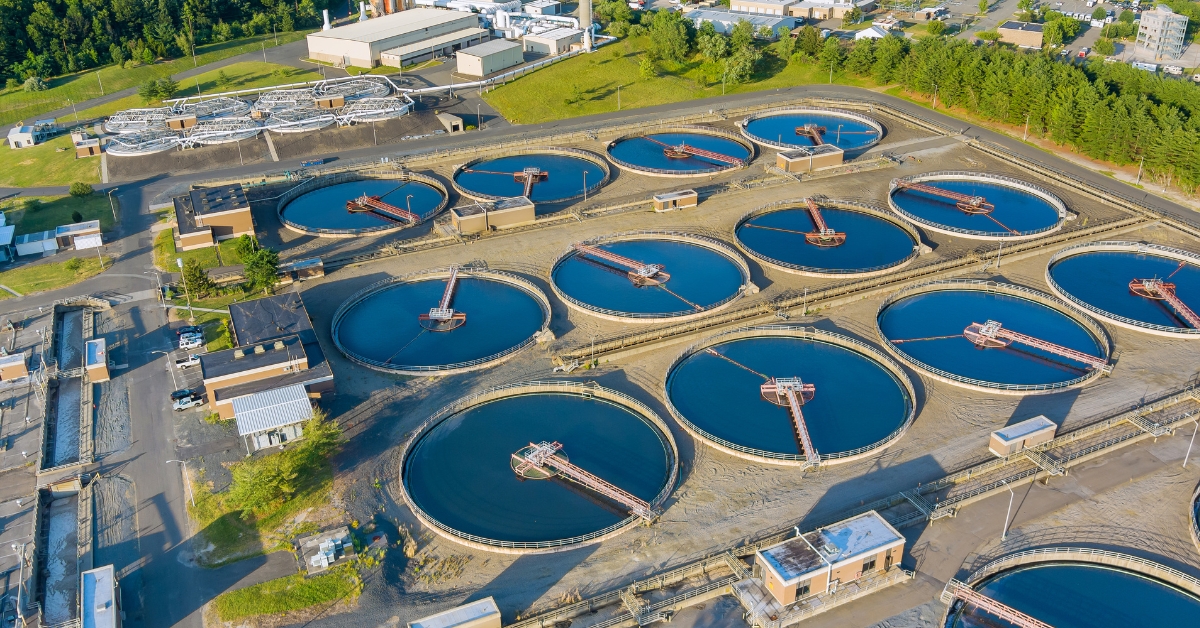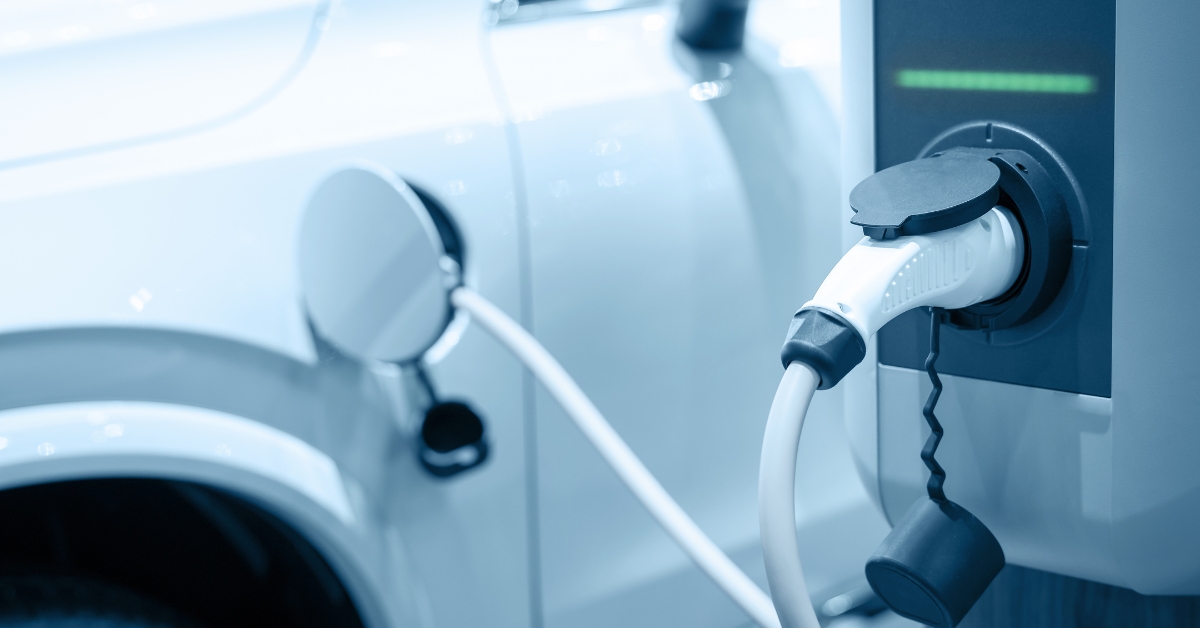
‘Green Energy’ Batteries Are Actually Environmental Hazards
The much-touted green energy transition, hailed as the future of sustainable living, comes with a dirty secret that’s beginning to come to light, according to a recent study published in Nature. As the study highlights, the lithium-ion batteries—a cornerstone of this supposed environmental revolution—are not the squeaky-clean solution they’re made out to be. Instead, they’re a burgeoning source of chemical pollution, an inconvenient truth largely ignored by those pushing for a rapid shift away from fossil fuels.
The study performs a comprehensive “cradle-to-grave evaluation” of the batteries that power everything from electric vehicles to smartphones, revealing disturbing findings about the environmental hazards posed by chemicals used in these batteries. Specifically, it shines a spotlight on a type of per- and polyfluoroalkyl substances (PFAS) known as bis-perfluoroalkyl sulfonimides (bis-FASIs), which are recalcitrant contaminants—difficult to break down, prone to mobility, and toxic. Despite their crucial role in the climate agenda, these batteries are being churned out without adequate consideration of their full environmental toll.
This revelation should serve as a wake-up call for policymakers and environmental advocates who have been too eager to champion lithium-ion batteries as a panacea for the world’s energy woes. With the demand for these batteries expected to skyrocket, we’re looking at a future where up to 8 million tons of battery waste could accumulate by 2040. And what’s worse, only a minuscule 5% of these batteries are currently recycled. The rest? They’re a ticking time bomb of environmental pollution, thanks to lax oversight on how they’re manufactured, used, recycled, and disposed of.
The Green Energy Transition Should Be Approached with Care, Not a Haphazard Rush
The study’s findings underscore a critical oversight in the woke‘s rush to adopt green technology: the potential for widespread environmental releases of PFAS during every stage of a battery’s life. It’s a stark reminder that the road to a clean energy future is not as straightforward as it seems. We’re at a crossroads where the drive for clean energy infrastructure must be balanced with the imperative to minimize aquatic and environmental pollution. This isn’t merely a technical challenge; it’s a moral and political one that demands a recalibration of our approach to green technology.
The zeal with which the Biden administration and others push for a green overhaul, seemingly blind to the potential environmental consequences, is alarming. It’s high time we demand more than just superficial solutions to complex problems. We need a strategy that truly integrates environmental protection with technological advancement, not one that sacrifices one for the other. Let’s not replace one form of environmental degradation with another. We must insist on real solutions that are as sustainable as they claim to be, lest we fall into a trap of our own making, championing flawed technologies that could leave our planet in worse shape than we found it.














